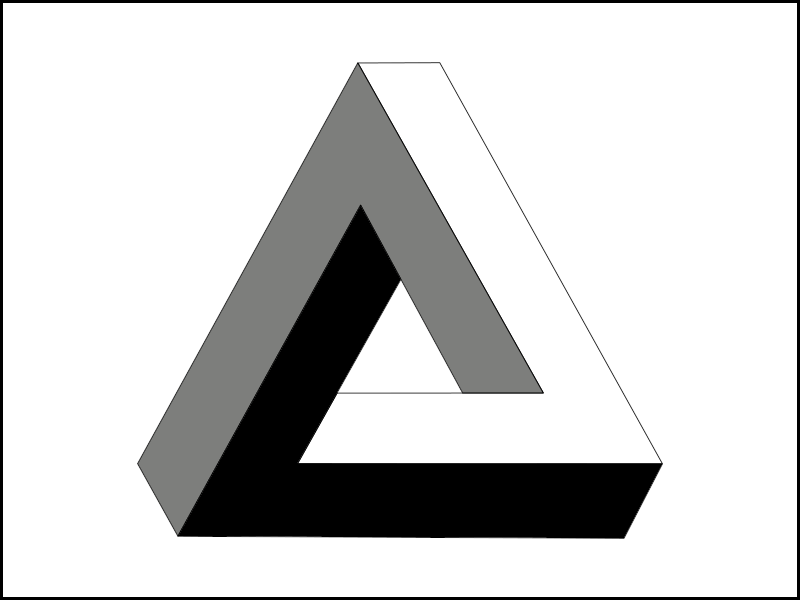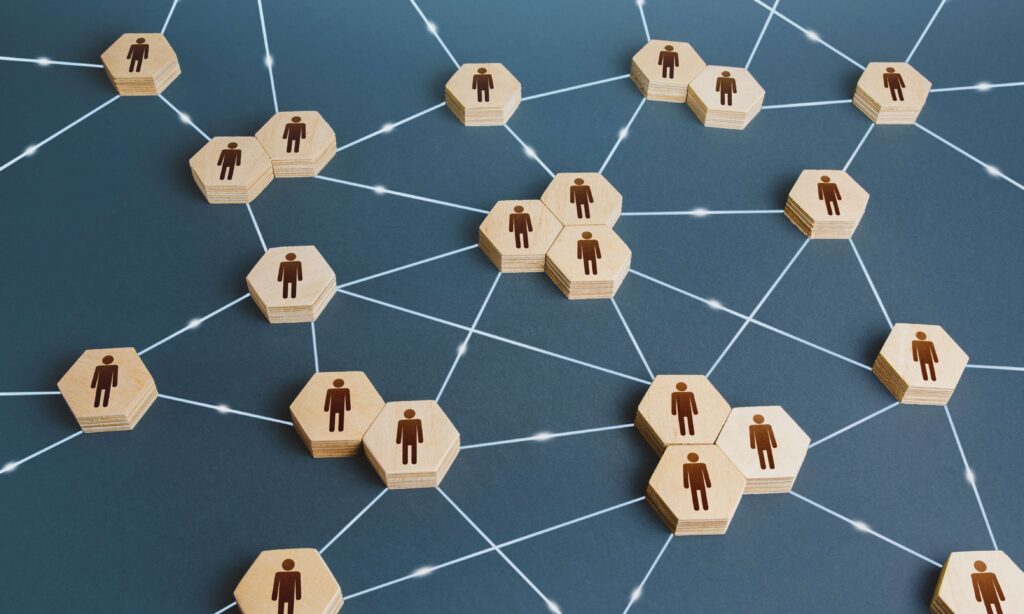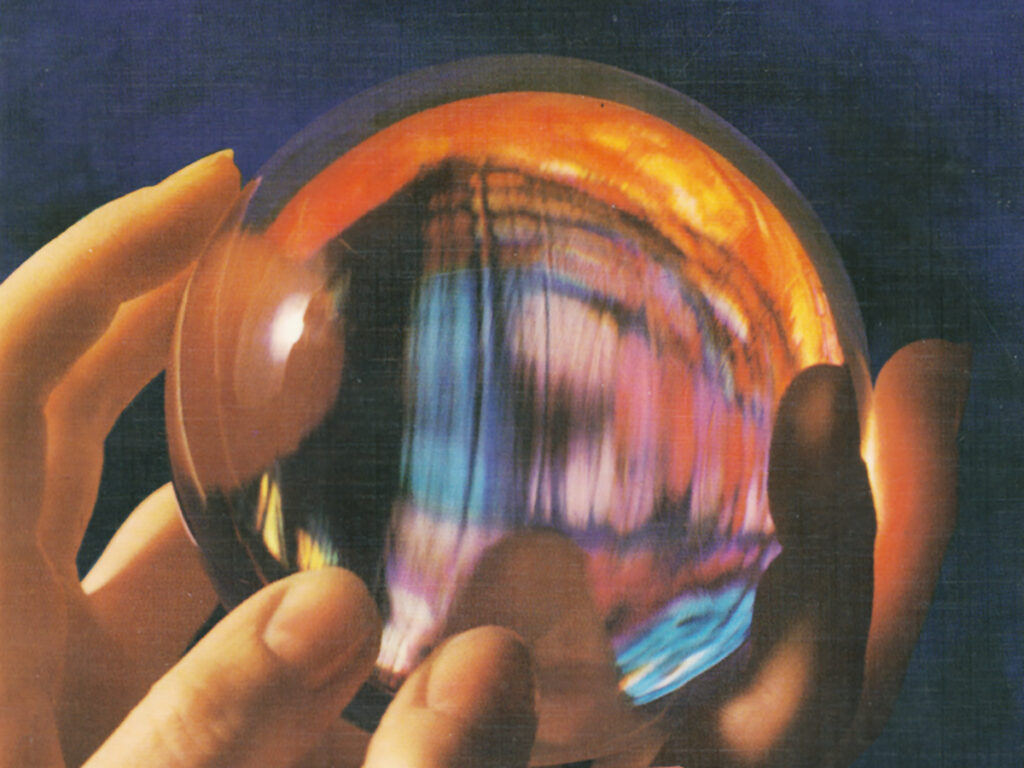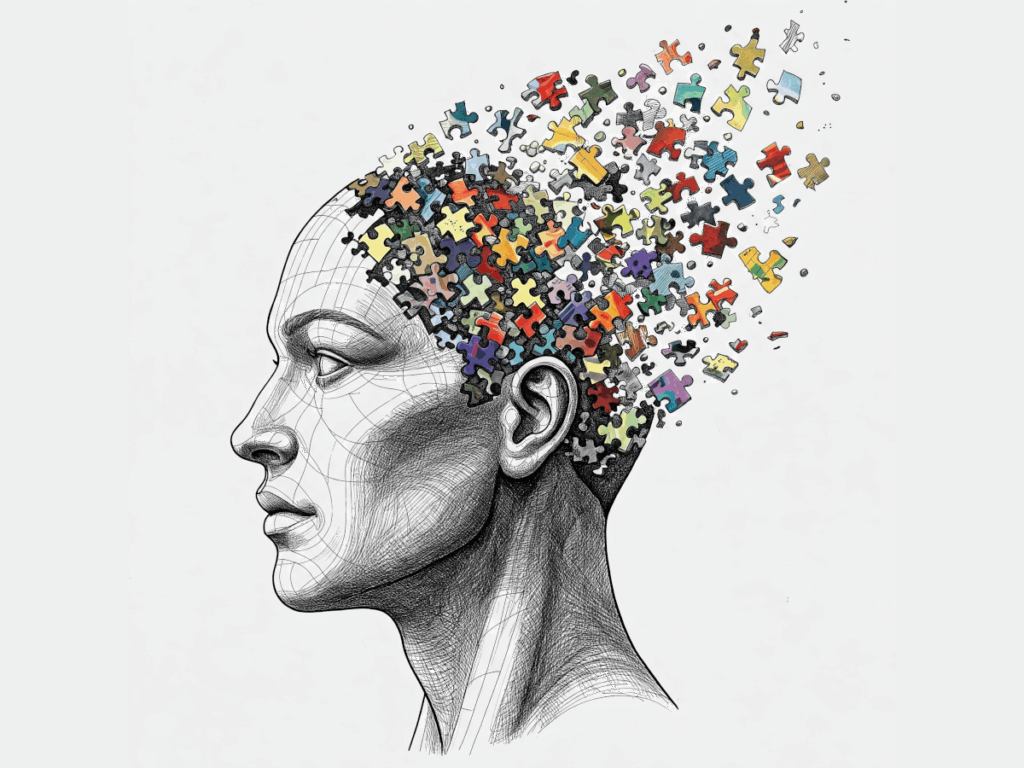© IGPP 2025
Forschungsgebiete
Geist und Materie
Wie hängt der menschliche Geist oder unser Bewusstsein mit der materiellen Welt zusammen?
Gesellschaft – Wissen – Diskurse
Wie werden im weitesten Sinne ‚paranormale‘ Themen gesellschaftltich, wissenschaftlich oder auch individuell wahrgenommen und verhandelt?
Parapsychologie und paranormale Phänomene
Was steckt hinter paranormalen Erfahrungen wie Telepathie, Hellsehen oder Spuk?
Spiritualität und Gesundheit
Wie beeinflusst Spiritualität die Gesundheit, welche Risiken gibt es und welche positiven Potenziale?
Außergewöhnliche Erfahrungen & veränderte Bewusstseinszustände
Wie lassen sich die Grenzbereiche des Bewusstseins erforschen?




